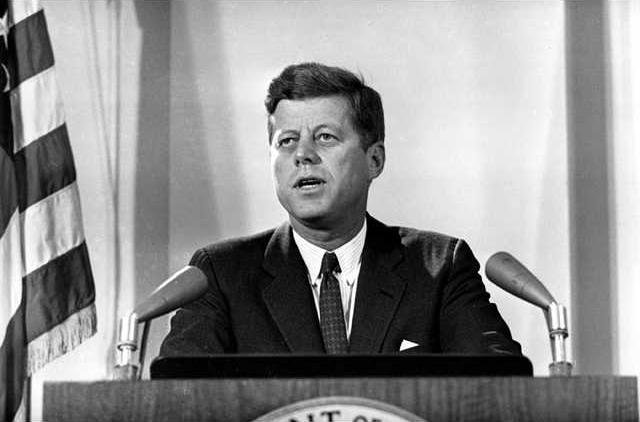In 2007, when President George W. Bush’s White House representative Dana Perino was asked a question about one of the biggest foreign policy crises in American history, she drew a blank. “I was panicked a bit because I really don’t know about ... the Cuban missile crisis,” she later told NPR. “It had to do with Cuba and missiles, I’m pretty sure.” Perino was 35 in 2007, and thus had been born about a decade after the famous “13 days in October” 1962 when President John F. Kennedy confronted Soviet leader Nikita Khrushchev over Moscow’s installation of missiles in Cuba.
The brink of war
Kennedy confronted Khrushchev over missiles in Cuba, but what is the event's real legacy?

